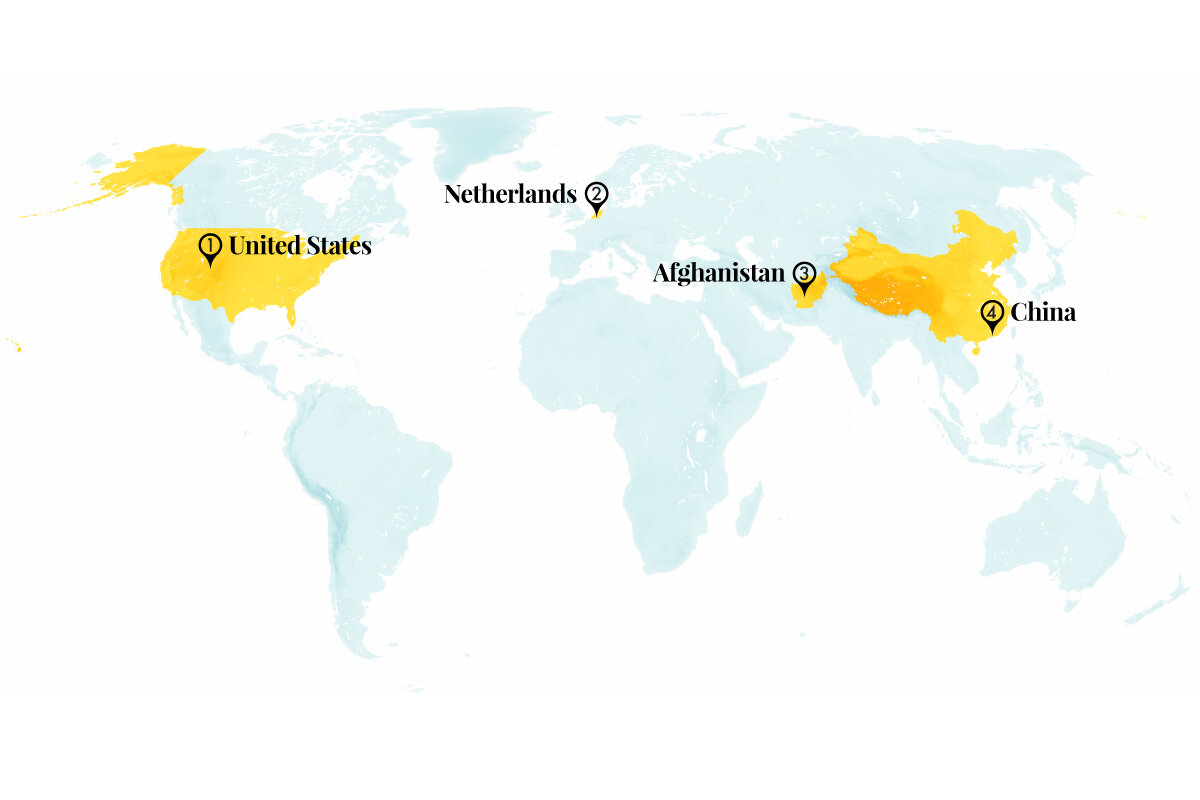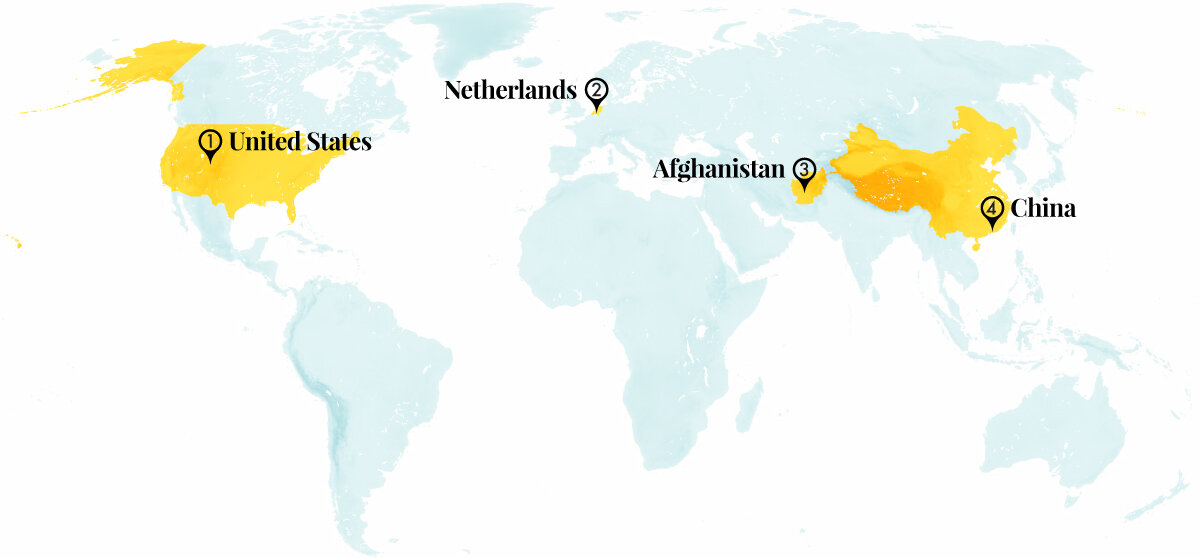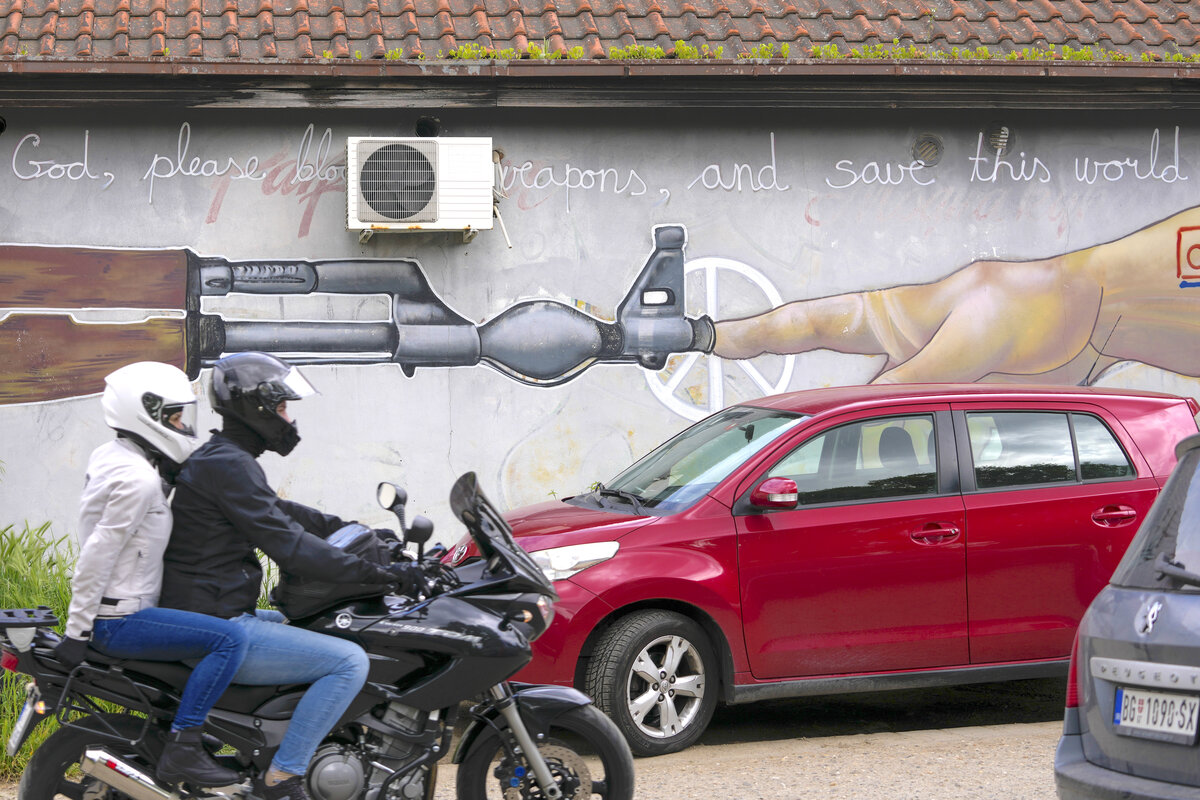Despite legislators’ threats to defund libraries, this busy one looks toward the future, with plans to expand its embrace of the community.
Monitor Daily Podcast
- Follow us:
- Apple Podcasts
- Spotify
- RSS Feed
- Download
 Jackie Valley
Jackie Valley
I grew up in the era of Toys R Us, when Geoffrey the Giraffe beckoned kids from across the parking lot or through the television screen to a wonderland that seemed to offer every toy imaginable.
Yet, other than a vague recollection of toy-filled aisles, I have no specific memory attached to that store. What I do remember are regular trips to the public library in Merrillville, Indiana, with my mom and twin sister.
We’d enter the book fortress and make a beeline for the children’s floor upstairs. First stop: story hour. But the real joy – and first taste of independence – came afterward when our mom would let us wander the aisles choosing new books to check out. It’s how I met the venerable Clifford, Arthur, and Berenstain Bears. (If you sense an animal theme, I’m guilty as charged.)
The library visits sparked wonder and imagination – and were only made possible by a parent who could take us. Not every child is so fortunate, especially nowadays.
The librarians I met at the Missouri River Regional Library in Jefferson City while reporting today’s cover story are keenly aware of how difficult it can be for some families to access their stacks. So they have several initiatives designed to extend the library’s reach, including a brightly colored bus dubbed the “Bookmobile” that makes frequent excursions to places such as schools and malls.
The library system maintains lockers at the local mall, allowing cardholders to select items online and pick them up in what’s perhaps a more convenient location.
A third innovation borrows from subscription programs that pair personal stylists with clothing buyers. With “Book Box,” readers can explore a personalized selection of titles packed just for them – think Stitch Fix for books.
These strategies bring the gifts of the library to people who may lack transportation or time to wander the aisles themselves. For children in particular, an interest in reading could blossom into a love for reading, opening incalculable future doors.
And some of those doors might very well be attached to the brick-and-mortar library itself.
Patty Eastin, a Jefferson City resident who stopped by the library, summed it up this way: “I’ve always felt at home in a library.”










